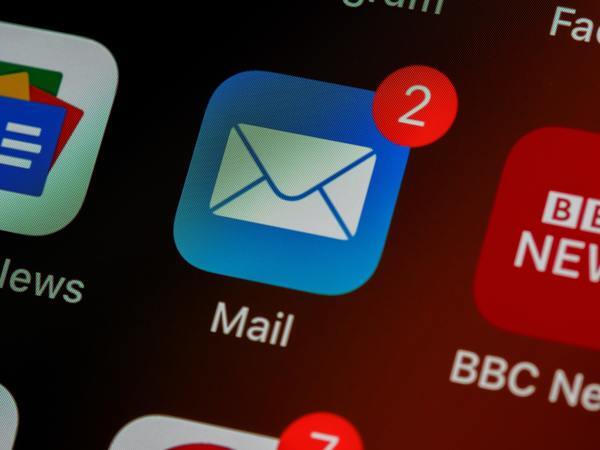
(Dayne Topkin/Unsplash)
I wasn’t going to write about this, but then I read a comment thread on 9To5Mac, and now I just feel compelled to speak out.
Sample comment: “If your business model is based on stealing of your users data and then selling it to be used against them then you deserve to be hurt. You should go out of business.”
This mindset is all thanks to the way Apple framed this issue.
The recent news that Apple will be offering a feature called “Mail Privacy Protection” for paid customers of its iCloud service has been a big point of discussion in the newsletter space over the past couple of days, and in my view reflects some really poorly thought out issues around the sector.
For one thing, Apple’s framing of this feature make it seem like our analytics are going to be used against our readers. And that’s really unfortunate, because it tarnishes relationships that we actually really care about.
Here is some framing that I would like to try instead: In publishing, performance matters, and being able to explain that performance and properly contextualize it helps us do a lot of things. It lets us build better content and tell better stories. We know what works, what doesn’t. We can figure out what a hit might look like—or a failure. Realistically, as a reader, this is something that we want publishers to offer, feedback cycles that can help us figure out how to better reach our audience—after all, if they stop doing something you like, you no longer benefit from it.
It helps us build relationships that better our businesses, which make running a product like a newsletter or a podcast sustainable and informative.

(Brett Jordan/Unsplash)
The challenge with email is that, because it’s an open protocol, there are not technically standards around what can be captured. This cuts both ways: There’s no accepted way to do things, but also, there are no guardrails between you and the data you capture on subscribers—tracking tells you more than you really need to know. At a high level, I personally don’t want to tie what a specific user does to a data point—but most email services offer that anyway.
And from the perspective of an email client provider like Apple or Google, they’ve been in a position of power with email where they could have offered a solution to this issue that anonymized this data any time over the last 15 years—an open protocol that offers high-level data tracking, but nothing beyond what we need to know to understand whether an individual message is successful or not—but they have not.
So, because Apple has not done its homework to understand the ecosystem around a product they’ve built (because they’re launching a thousand disparate things during WWDC, most of which they only seem to lightly tap their toes into), all these people who simply build emails rather than protocols are having to suffer professional consequences, because Apple has not taken any productive steps to do homework or work with vendors to come up with a minimal way to give email creators or publishers really basic information that can be used at an aggregate level to understand whether a message was a success or not, or if an email address is broken and needs to be removed.

(Jonathon Young/Unsplash)
Instead of building a protocol, they built a barrier. (And a hypocritical one at that.)
There’s a middle ground position that could be had here that protects users’ privacy and offers just enough data for email senders to work with, but Apple has chosen to paint people who simply want to run a small business over email in the worst possible light instead. Apple could literally solve this problem in a way that benefits everyone—they have the market influence over email to do so, just as they do podcasts, another area where they’ve recently made analytics worse—but that actually requires talking to people before launching a feature before putting everyone in a position where they must react to the news, instead of understanding our concerns.
As I write this, Apple has of late faced issues with poor developer relations. It now has issues with poor email developer relations, too. And the reason it does is because it has taken no steps to understand our market, but instead to unilaterally step in and make a decision that pits us against our own readers.
And that sucks. Do better, Apple.
Time limit given ⏲: 30 minutes
Time left on clock ⏲: timer goes off



